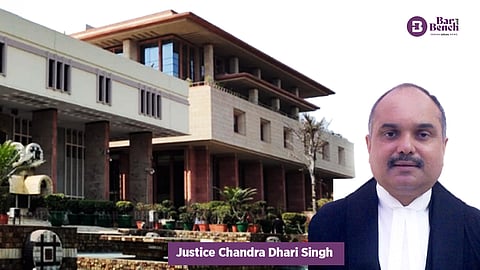
- News
- Columns
- Interviews
- Law Firms
- Apprentice Lawyer
- Legal Jobs
- हिंदी
- ಕನ್ನಡ

Mass leaders who occupy high public offices must conduct themselves with utmost integrity and responsibility, the Delhi High Court emphasised while rejecting a plea filed by CPI(M) leaders Brinda Karat and KM Tiwari seeking registration of first information report (FIR) against BJP leaders Anurag Thakur and Parvesh Verma for alleged hate speech